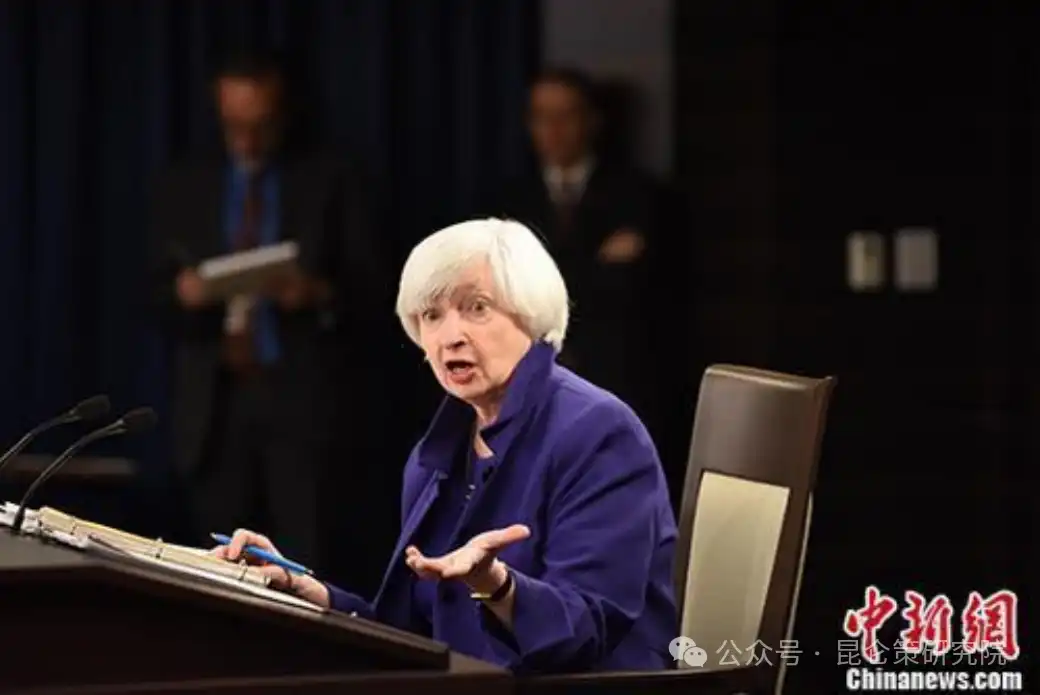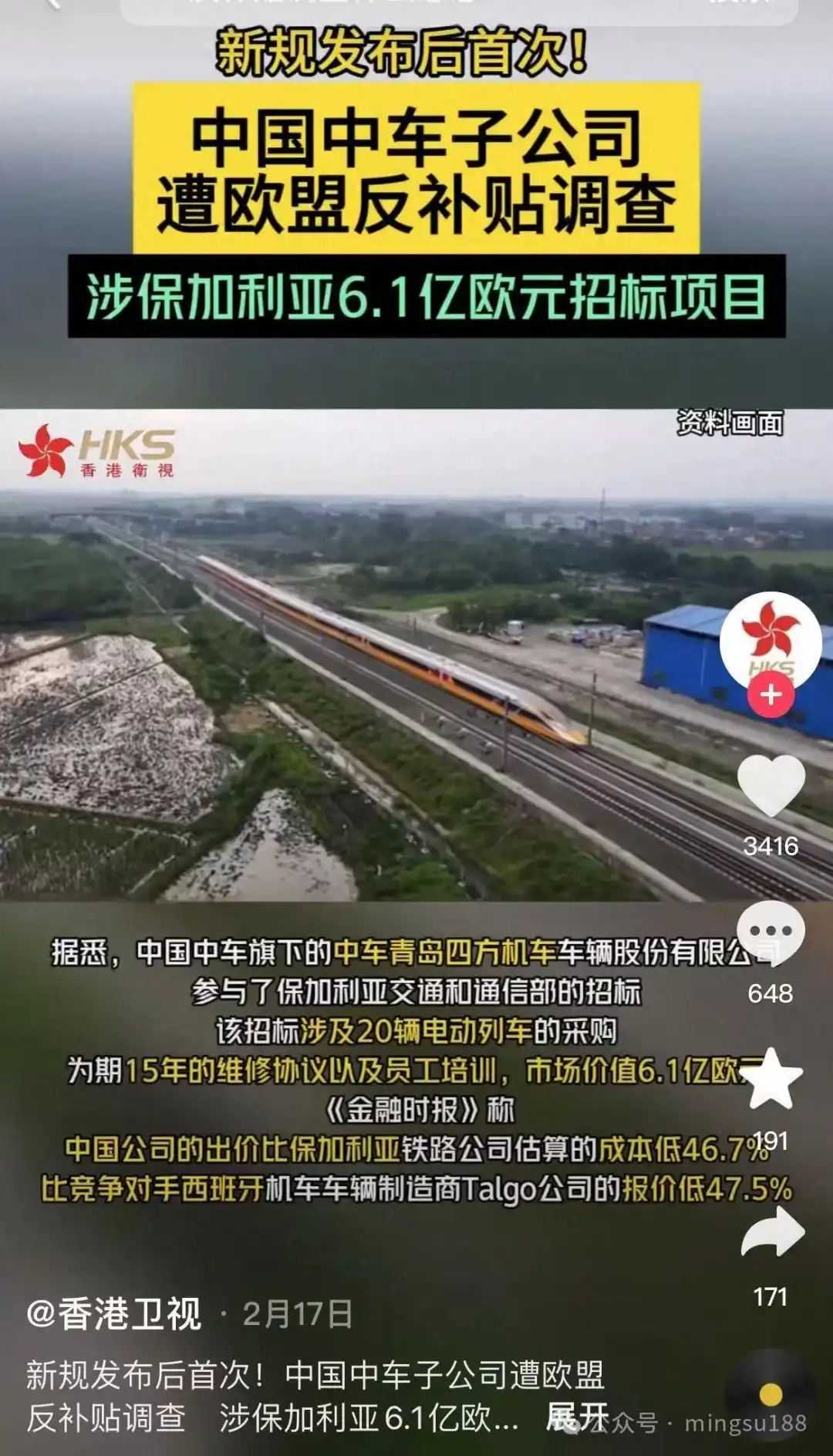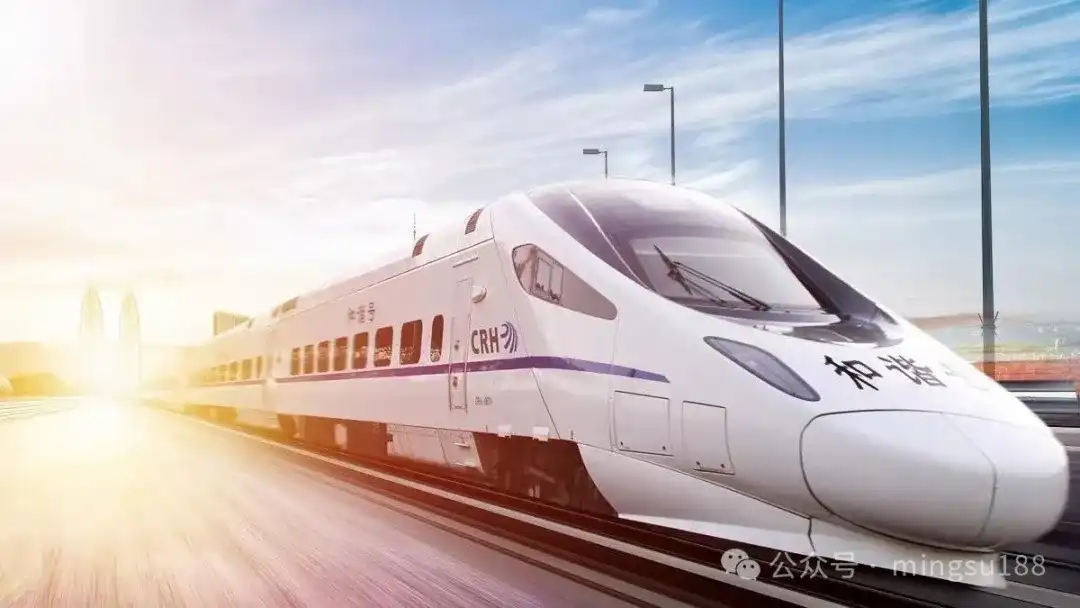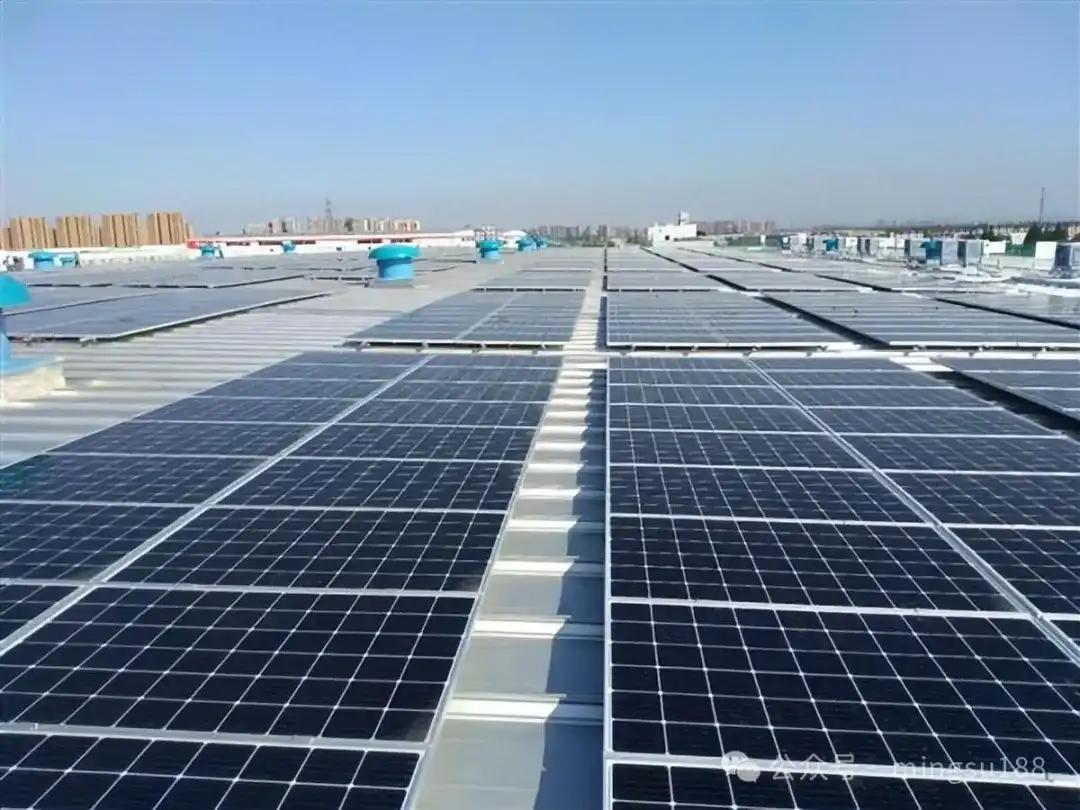From overcapacity to high quality and high prices:Opportunities and challenges for overseas development of China's manufacturing industry
The following article comes from Mr. Mingsu, the author Mr. Mingsu
 Mr. Mingsu.
Mr. Mingsu.
From the development history, international relations, and geopolitics of countries around the world, we analyze the opportunities and challenges facing the great rejuvenation of the Chinese nation.
Click "Kunlun Policy Research Institute" above to follow this account; click "..." in the top right corner to select the reading function, and the voice is automatically synthesized by the computer, which is inevitably wrong and is only for auxiliary reading.

U.S. Treasury Secretary Yellen has been visiting China in the past few days. One of the topics she has mentioned many times during her visit to China is the problems caused by China's overcapacity and the massive export of excess capacity overseas.
During her visit to China, Yellen delivered a speech at the American Chamber of Commerce, in which she elaborated on concerns about overmanufacturing capacity in China. She said that the direct or indirect support of the Chinese government is leading to potentially exceeding China's domestic demand and the affordability of the global market.
She expressed understanding that these policies may be driven by domestic development goals, but overcapacity can lead to large exports and low prices. This would weaken the businesses of U.S. companies and workers, as well as companies around the world, including India and Mexico. Yellen also stressed that this would lead to excessive concentration of supply chains and pose risks to the resilience of the global economy.
Finally, Yellen said,"China is too big to achieve rapid growth through exports. If policies focus only on creating supply rather than simultaneously creating demand, there will be global spillover effects."
As the U.S. Treasury Secretary, Yellen naturally takes her position from the perspective of the United States and protects the interests of American companies. Although her words were harsh and we didn't like to hear them, they gave us a reminder.
Let's first look at an example of a Chinese company going out to bid for a Bulgarian high-speed rail and being forced out. Perhaps it allows us to better understand that low prices may not be a good thing.

中国中车旗下中车四方机车参与了保加利亚交通和通信部的招标,该招标涉及20辆电动列车的采购,以及为期15年的维修协议和员工培训,价值6.1亿欧元。不过,中企的出价非常令人意外,比保加利亚铁路公司估算的成本低了46.7%,比竞争对手西班牙机车制造商Talgo公司的报价低了47.5%。
保加利亚铁路公司估价6.1亿欧元,Talgo公司报价6.2亿欧元,而中企报价为对手的一半,只有3.1亿欧元。中企过低的报价引发欧盟关于中企接受补贴的怀疑,进而被迫出局。
我们知道高铁是一项系统工程,我们的技术在世界上处于领先地位,掌握着高铁制造的一系列核心技术。目前国内高铁营运里程已达4.5万公里,建成全球最长的高铁网络。欧盟和日本也都有自己的高铁技术,但除了欧盟和日本外,其他国家高铁现在基本都没有盈利。
欧盟和中国的高铁技术都很成熟,保加利亚方面给出了成本估价是6.1亿欧元,报价相差10%以内还好理解,中企报价比西班牙企业报价低47.5%,这难免被人怀疑中企接受了补贴,否则这一行为很反常。
我们知道企业是以盈利为目的的,有了先进的技术,就应该有品牌和技术溢价,那么报高价也是理所当然的。站在欧盟的角度,中企报这么低的价格明显不是为了赚钱,而是为了抢占欧盟市场。中企的低价行为无疑会冲击欧盟现有的产业供应链,让欧盟相关企业失去机会,让欧盟工人失业,所以他们让中企出局了。
当然,我们不只是在高铁方面处于世界领先地位,还有诸如清洁能源、电动汽车等领域也处于世界领先地位。目前这些领域国内产能早已过剩,国内卷得很厉害,这迫使中企不得不加大出海力度,大量向海外出口。如果我们依靠技术、规模和价格优势大量出口,对其他国家相关产业的冲击在所难免,这也是耶伦所担忧的问题。

Yellen stands from the standpoint of the United States. From the perspective of protecting domestic industrial development and workers 'employment in the United States, although we don't like to hear what she said, we can understand it. But her words remind us that companies cannot always win market competition at low prices, and that high-quality matches high prices. This is reasonable.
Enterprises have core technologies and produce high-quality and high-tech products. Only by selling them at high prices can they earn more profits. Only when an enterprise has high profits can it better increase workers 'income, improve workers' working environment, and provide more complete welfare benefits. Only in this way can the enthusiasm of workers be provided and the enterprise and employees can develop healthily.
A fact that cannot be ignored is that the current sale of our high-quality products overseas at low prices is based on the fact that our workers work too long and their wages are low. So why can't we sell them at high prices and then use the money we earn to improve employee welfare? This is something we have to reflect on and improve.
As a global manufacturing power, we are already ahead of other countries in many industrial fields. We cannot export for the sake of export. We should pursue higher profits and make our products and services value for money. However, like Chinese companies bidding for the Bulgarian high-speed rail, our too low price not only makes foreign countries suspect that Chinese companies are accepting subsidies, but also makes Chinese companies lose huge profit margins and lose more than they deserve.
Many companies are accustomed to the business model of seizing the market at low prices at home and making small profits but quick turnover, but this model may not work internationally, especially in developed Western markets. Enterprise development must be aimed at profit. Improve core competitiveness through R & D and innovation. High technology should earn high profits. The era of relying solely on low prices to seize the market is over, and Chinese companies need to change their thinking and business models.
(
